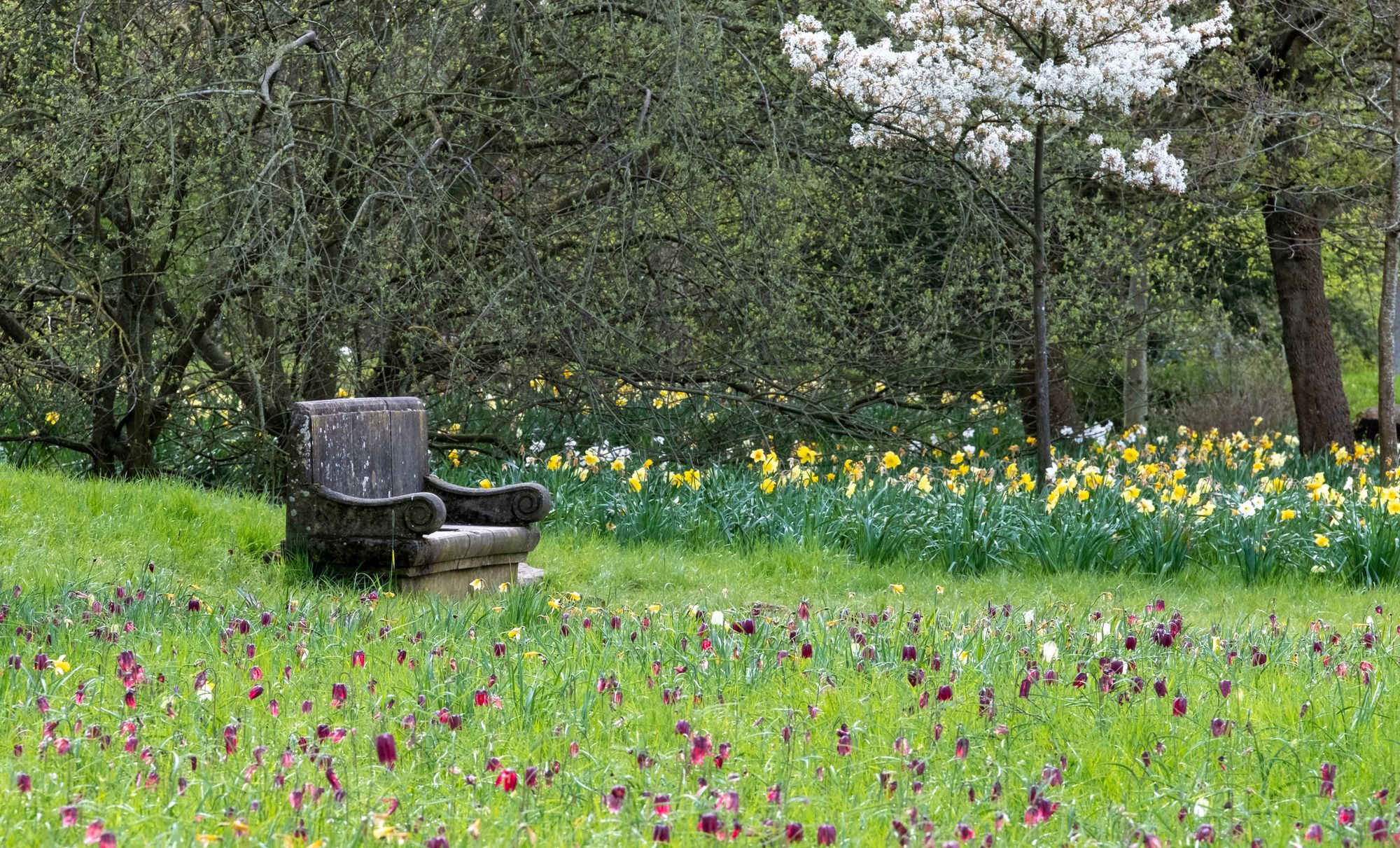Overview
The 300km2 Bernwood Otmoor Ray (BOR) landscape lies between the large urban centres of Oxford, Bicester and Aylesbury. It contains nationally important but increasingly fragmented habitats such as ancient woodland, species-rich grassland and floodplain meadows. Rare species supported by these habitats include black and brown hairstreak butterflies, curlew, Bechstein’s bats and great crested newts.
Our partners the Berkshire, Buckinghamshire and Oxfordshire Wildlife Trust have led on a feasibility study to draw out the most immediate opportunities for nature and people in the BOR landscape, with funding from Buckinghamshire Council. We are supporting the project by investigating new funding mechanisms and income streams based upon the ecosystem services that this region can provide for people, communities and the environment. You can find the full report below, or read a summary here.

Related publications
Towards a nature-first neighbourhood plan
Neighbourhood plans can play an important role in protecting and restoring your local nature. Oxfordshire Local Nature Partnership has created this document to help inform thinking about the types of policy that might be developed for a given Neighbourhood Plan (NP). It includes policy examples from existing neighbourhood plans, and guidance on the steps to take when developing a draft neighbourhood plan.
Oxfordshire Biodiversity Net Gain (BNG) guiding principles
The Oxfordshire Local Nature Partnership proposes that Oxfordshire's Local Planning Authorities (LPAs) adopt the principles the working group, which includes representatives from local authority planning departments, have developed for Biodiversity Net Gain implementation.
The intent of these principles is to ensure that Biodiversity Net Gain is implemented in a way that supports the spirit of the Environment Act 2021 and maximises Biodiversity Net Gain’s potential impact on nature recovery in Oxfordshire. They are designed to facilitate a harmonised approach across all local authority areas, recognising that some local variations may be inevitable and indeed beneficial. Our aspiration is that they will provide a common framework within which local authorities, developers, conservation bodies, farmers and landowners work together to protect and restore our county’s nature.











.png)